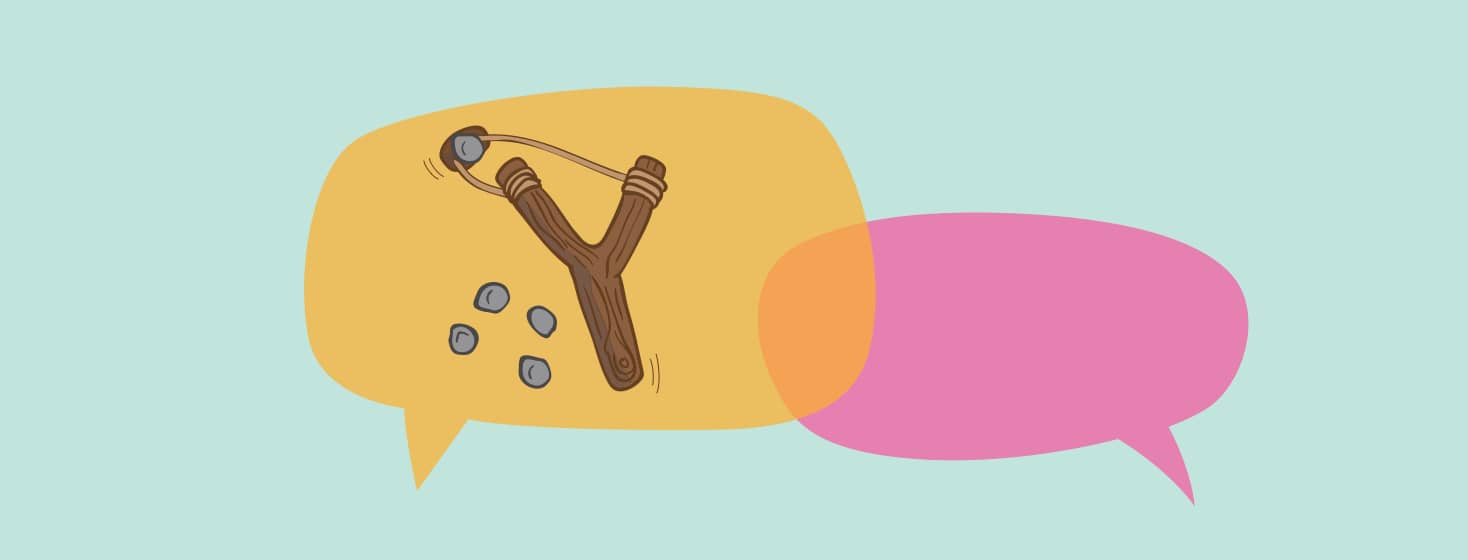Bullying on Social Media
Social media has opened up a wealth of connections and information to people all over the world and is an important access tool for people with disabilities who may be homebound; especially during these COVID times.
Many of us have filled our need for social interaction by turning to media like Facebook, Instagram, and Tiktok to meet other people who share our interests and even others in our disabled communities.
While it has provided interactions with people and made our communities stronger, using social media also risks opening ourselves up to bullying and scrutiny from others.
Awareness and advocacy through social media
Social media is a way I connect with others and bring awareness and advocacy to spinal muscular atrophy (SMA). I have recently been relentlessly bullied for choosing to wear makeup and dye my hair as a disabled person with a limited income.
According to these bullies, if you are disabled, you are not allowed to have any makeup or hair cuts or colors because they are considered "luxury items" and people on government assistance are not privy to luxury.
Assumptions made by others on social media
In fact, I buy the cheapest hair dye and makeup that has lasted me for months/years. I am just very good at making do with what I have and I am good at making myself look put together with whatever I have available.
Assumptions are very dangerous to use against people but it’s a weapon that social media bullies often fall upon rather than spending time asking valuable questions or actually learning about what it’s like to live as a disabled person.
Bullying and harsh comments
I posted a video of what it was like to be loaded onto a plane from an aisle seat on social media. I had not seen others post a video that made me feel safe transferring during air travel before and I wanted to share with others my experience.
Most people who watched the video were very interested and thought it was informative since it happens before the general population boards and they had never seen such a thing before.
However, a great number of people assumed I was being thrown off the plane for being drunk because of the way my body was floppy due to SMA. I had to remove and block thousands of comments in the video that garnered over 5 million views.
I also shared the video of how gently the Southwest Airlines staff loaded my power chair into the plane, including my thanking them in the captions. Once again, many people enjoyed watching the video and thought it was great how much care and concern the staff was taking with my chair. They wanted to know about the information sheet I had attached to my chair for instructing the staff.
And once again, thousands of people assumed I was complaining about how they were treating my chair and that the video was a "Karen" video, someone who was posting to get negative attention brought to Southwest Airlines.
Rather than read the descriptions or thousands of other comments, they just wanted to scream negative things at a disabled social media user.
The bullying can be intense, especially when you are a larger presence on social media and it can sometimes be violent and threatening. I realize when using social media that I put myself at risk for becoming the target of bullying by means of the anonymity of the internet itself, but I find it worth the risk because of how important advocacy and awareness are.
The benefits of social media
Being seen in public matters; representation matters. Beyond the negative experiences of being bullied, I have found an amazing community of support and a virtual family full of SMA warriors and opportunities that have enriched my life more than I could have dreamed a few years ago.
As people with disabilities on social media, we deserve to be seen and heard, and treated with respect. If you are on social media and need the virtual community you have connected with, remember: DO NOT GIVE UP BECAUSE OF BULLYING. Your representation matters!

Join the conversation